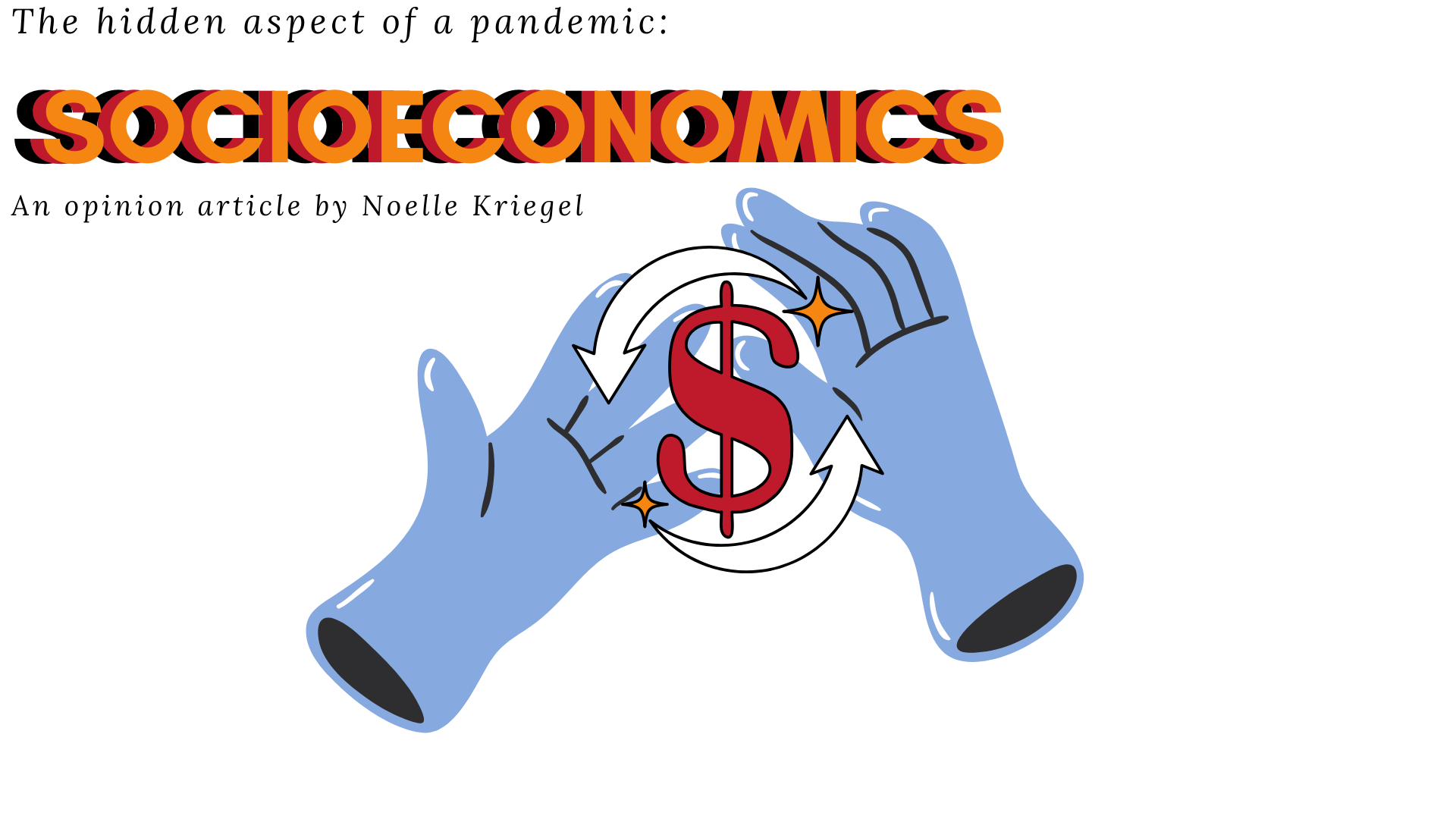Column: The absence policy that all professors should adopt
USC Aiken has an absence policy that the majority of professors adhere to, the fairness of which is questionable.
“Absence from more than 10 percent of the scheduled class sessions, whether excused or unexcused, is excessive and the instructor may choose to exact a grade penalty for such absences.”
This policy, which derives from USC Columbia’s policy, disregards sickness, doctor’s appointments, family emergencies and car troubles, among other reasons for that are deemed less appropriate.
However, proper documentation and excused absences don’t cover some of the more subtle aspects of college life, like mental health days, relationships, oversleeping, fatigue and work.
Nicholas Marshall, a Chemistry professor at USCA, adopted an “it happens” absence policy, which allows students to have one unexcused absence become excused.
The policy is great for the moments when the human part of us struggles to get out of bed from bone-aching fatigue or when our minds need a break from all the new information being pushed into it.
It also saves students from embarrassment, shame and guilt. Sometimes we as students need a day where we can miss and just simply say, “something happened.”
Provided students get their work done responsibly, the “it happens” policy serves as a mental break from the stress of work. Simply put, it can be a sleep-away day, a mental health or self care day, or a day to catch up on assignments.
According to Psychology Today, college students are facing a mental health crisis:
“…last month a research report came out that found rates of ‘past year treatment’ had risen from 19% in 2007 to 34% in 2017. In addition, students with lifetime diagnoses increased from 22% in 2007 to 36% in 2017. The trend lines in these categories had been moving up steadily through the 1990s.”
Psychology Today, NIHM and others have also seen rates of suicide skyrocketing.
“The suicide rate for adolescents and young adults (per 100,000 people) also has seen a jump,” wrote Gregg Henriques, Ph.D. “It was 9.9 in 2006 and 13.5 in 2016. Again, about a 50% increase in the past decade.”
The “it happens” policy isn’t a solution by any means, but it does offer a shame-free absence. It is a step toward acknowledging the mental health and well-being of college students.






